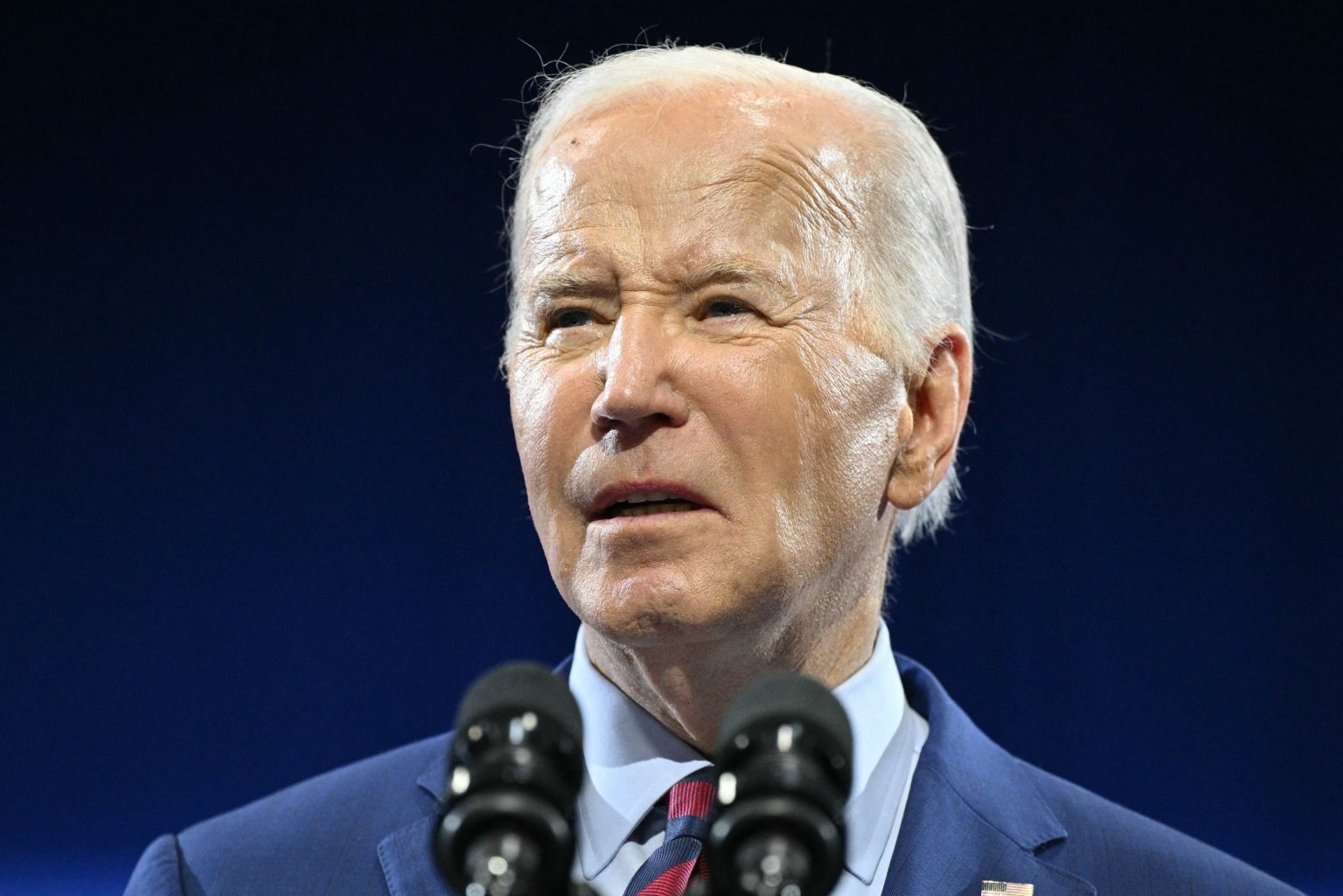President Joe Biden and Britain’s Labour Party are both facing challenges in gaining support from Muslim voters, as evidenced by Labour’s heavy losses among Muslim populations in recent local elections in England and Wales. The falling Muslim support for Labour is believed to be a direct response to how the party and its leader, Keir Starmer, handled Israel’s conflict with Hamas in Gaza. Similarly, President Biden has faced criticism for his handling of the Israel-Hamas conflict, leading to discontent among progressive members of his party and the U.S. Muslim population. These issues could impact both Biden and Starmer’s chances in future elections.
Keir Starmer, like Biden, has been criticized for not calling for a full ceasefire to end the violence in Gaza sooner, with a survey showing that a majority of Britons believe he handled Labour’s response to the conflict poorly. Labour’s national campaign coordinator acknowledged that the war in Gaza has affected the party’s support among the Muslim population. Biden’s handling of the conflict has also faced scrutiny, particularly among the U.S. Muslim population, with tensions rising on college campuses during pro-Palestinian demonstrations. These criticisms could have implications for both politicians in upcoming elections.
In the 2024 U.S. presidential election, Biden faces the risk of losing support from swing state voters, including in Michigan, which has a significant U.S.-Arab population. A poll showed Trump leading Biden by just one point in Michigan, with discontent over Biden’s handling of the Israel-Hamas conflict evident. A group of Muslim leaders in various swing states launched the #AbandonBiden campaign, expressing anger at the president’s response to the conflict and the prioritization of military actions. Nationally, polling averages show Trump slightly ahead of Biden, indicating potential challenges for the president in the next election.
The ongoing criticism of Biden and Labour’s Starmer for their responses to the Israel-Hamas conflict underscores the challenges they face in maintaining support among Muslim populations. Both politicians have been accused of handling the conflict poorly, leading to discontent and protests within their respective parties and communities. The impact of these criticisms on future elections, both in the U.K. and the U.S., remains to be seen, with the potential for significant shifts in voter support if these issues are not adequately addressed. As they navigate these challenges, Biden and Starmer will need to consider how to address the concerns of Muslim voters and regain their trust.
The loss of Muslim support for Labour in the U.K. and potential discontent among U.S. Muslim voters could have far-reaching implications for both parties and their leaders. With local elections in the U.K. showing a decrease in Labour’s support in areas with significant Muslim populations, there is a clear signal that these voters are shifting their allegiances based on the parties’ responses to international conflicts. Similarly, Biden’s handling of the Israel-Hamas conflict has sparked criticism and protests, potentially impacting his chances in swing states and the overall outcome of the 2024 U.S. presidential election. Addressing these concerns and reengaging with Muslim voters will be crucial for both Biden and Starmer as they navigate challenges within their respective political landscapes.


